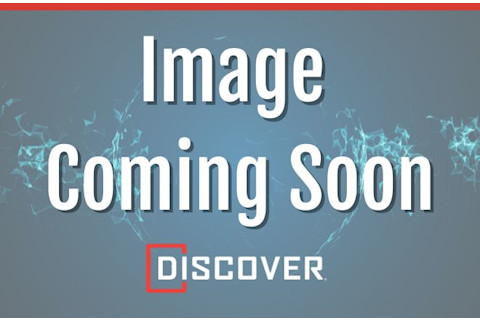
In one form or another, this argument has become popular: Most forms of complementary and alternative medicine (CAM) are just elaborate placebos. However, the placebo effect is incredibly powerful and useful, so these treatments are useful too.
Amongst many other people, Michael Brooks from the Guardian makes such a case here. It's an interesting idea. But I don't buy it.
Firstly, to my knowledge, there's no evidence that placebo treatments are clinically effective in the long term. There's no evidence against it, either, but this lack of evidence is important. (I'm not an expert so if such evidence exists, please say so!) There are, certainly, those well-known studies showing that placebos can improve symptoms in the lab, or in short-term clinical trials. And any doctor can tell you that placebos are a useful way of keeping people who want a quick fix satisfied. But is that what we want? Valium is a quick fix for anxiety and insomnia. It works great, in the short term. That doesn't mean you should take it every night. I don't think you should be taking a placebo every night either.
There's something pretty unsettling about the notion of handing out placebos. They're not physiologically addictive, but this doesn't mean that they can't become an expensive and damaging habit. Unlike many people, I'm not especially concerned about the "deception" aspect of it - if deception is what patients need to feel better, then they should get it. What I find unsettling is the idea that we should be medically treating people who we know don't need real medicine.
Prescribing someone any kind of treatment - whether real drugs, sugar pills, CAM, or anything else - legitimizes the notion that they're ill. The idea that one is ill is a very powerful one and you can do someone great harm by leading them to see themselves as ill unnecessarily.
Suppose you have a couple of weeks where you're feeling a bit tired, a bit down, a bit achey, a bit fuzzy. Maybe you're ill - maybe you've got mild anemia, for example. Most likely, though, you're not. Suppose you go to some kind of professional, whether it be your doctor, your homeopath, or anyone else. They might tell you that it's nothing to worry about, it's normal, just get on with your life, and it'll pass. You'd get annoyed, because you'd hoped for a quick fix, but you live with it, and you don't see yourself as suffering from a medical problem, so you don't expect to need treatment. (Could that be the most powerful placebo of all?)
But what if the professional thinks they can treat you? They give you a pill, or a foot rub, or some lovely oil, with confidence and a smile. You expect to get better, and you do. Hooray! Until the next time you start feeling a bit miserable. At which point, you go back to the professional, for more treatment. After all, it worked wonders last time. Again, it works, for a while. Then you start to notice a pain in your back you never did before - could the professional help? Sure. And while you're there, why not see if he has anything to help with that winter cold?
I do not know how often this happens, but it can't be uncommon. Medicalization is not just driven by drug companies. "Complementary and alternative" medicalization is at least as bad; perhaps worse, because drug companies at least have to convince trained doctors to prescribe their drugs. CAM, almost exclusively aimed at consumers, has no such constraints. There is nothing to stop any perfectly healthy person who believes themselves to be ill from going to a homeopath or a nutritionist, and having that belief validated. I would hope that no responsible CAM practioner would ever give a medical diagnosis, but this isn't the point - if you treat someone, even with sugar pills, you are telling them that they are ill.
If the claims of CAM practioners, or indeed CAM-as-placebo supporters, were valid, there probably wouldn't be such demand for CAM. If people really could go to a professional placebo-giver and walk out feeling happy and healthy for ever after, that would be great. Such a person would, presumably, rarely if ever need to see another practitioner, at least for the original ailment (and how many can one person have?) Unfortunately, I don't see this happening very often, although again I'm not aware of any evidence on this point. Saying that most CAM customers are satisfied with their service is not equivalent. The sheer amount of CAM, like the sheer amount of antidepressants being prescribed today, strongly suggests that it is, to an important extent, creating its own market.
[BPSDB]













